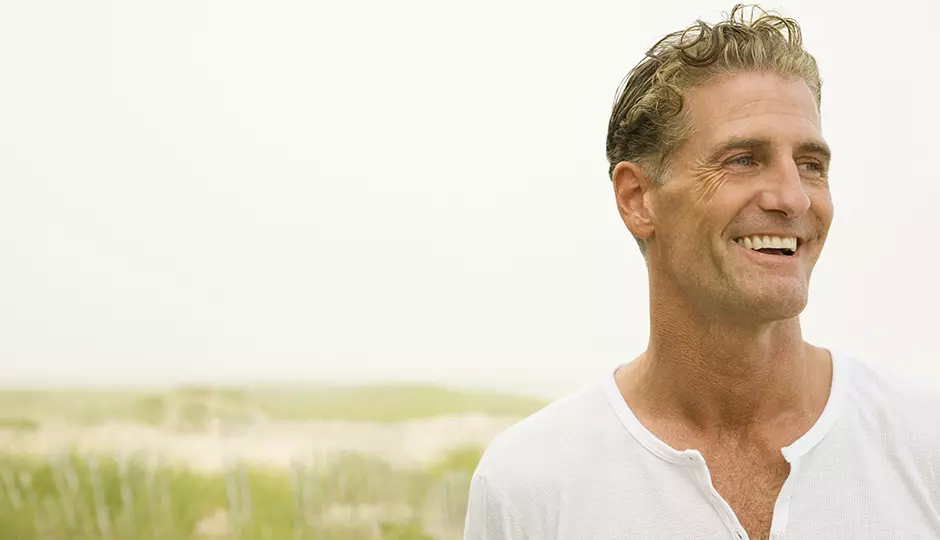Hair loss is a big topic that doesn't seem to have a clear-cut solution. There are several myths about what causes hair loss. Whether you're considering treatments, experiencing hair loss, or just looking for something different to read, here are five causes of this mysterious phenomenon and what to do about it.
Heredity, Male Pattern Baldness
About 95% of male hair loss is hereditary, meaning it's passed down from your parents. In men, this type of hair loss is called male pattern baldness. It often starts with a receding hairline and hair thinning on the crown.
Men with this type of hair loss can start losing their hair as early as puberty or develop noticeable signs in their late teens or early 20s. For some men, the process can continue into their late 30s and early 40s, and sometimes longer.
The exact cause of male pattern baldness isn't known, but doctors do know that it's related to hormones called androgens, particularly an androgen called dihydrotestosterone (DHT).
Diet & Stress
Low-protein diets, high-carb diets, and stress can cause the body to produce too much testosterone, which leads to an increase in DHT levels in the body, causing hair loss. Eating lots of protein and leafy greens will help maintain healthy testosterone levels and prevent excess DHT from forming in the body.
The lack of vitamins can cause hair loss. Iron deficiency is a common problem among women, but men are also at risk — especially those who suffer from heavy perspiration or have gastrointestinal problems that lead to poor absorption of iron in their diet. Vitamin D deficiency causes alopecia (hair loss), along with bone pain and muscle weakness.
Lack of Vitamin B12
Vitamin B12 plays an important for the health of your hair and skin. A deficiency can make your hair weak and brittle and cause hair loss. Deficiencies are more common in vegetarians since they tend to avoid foods rich in this vitamin like eggs and meat.
Vitamin B12 is a vitamin that your body needs to produce red blood cells.
Your scalp is home to thousands of tiny blood vessels that feed the base of each hair follicle with nutrients and oxygen, helping them grow strong strands from the inside out. If you're not getting the vitamin B12 you need, then those follicles could actually start to starve, leading to thinning and breakage over time.
Lack of Exercise
A lack of exercise can contribute to many health issues, including male baldness. The human body was designed for regular physical activity; if you aren't getting enough exercise, then you're doing your body a disservice.
Exercise promotes blood circulation, which brings more oxygen and nutrients to the hair follicles. The scalp is a particularly active area of the body, so keeping it well-nourished makes sense.
Hormones
Hormones can be a contributing factor to male pattern baldness. When the body produces too much dihydrotestosterone (DHT), which is a hormone derived from testosterone, it can start to cause significant hair loss. It binds to receptors in the follicles and slowly shrinks them over time, causing your hair to fall out.
You know that testosterone is the male hormone. And you might know that too much testosterone can cause a whole lot of problems, including hair loss. What you probably didn't know is that too little testosterone can also cause hair loss.
Dihydrotestosterone (DHT) is a byproduct of testosterone that's thought to actually cause hair follicles to shrink, resulting in thinning hair and eventually baldness. This means that when testosterone gets converted into DHT in the scalp, hair growth slows down and eventually stops altogether.
Many factors can cause hair loss, but there are also ways to stop it. Visit LH Hair or schedule a FREE consultation to find out more about what you can do for male baldness.



